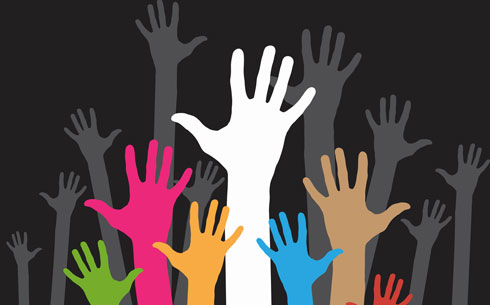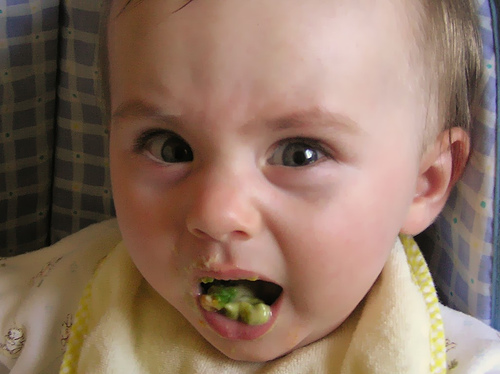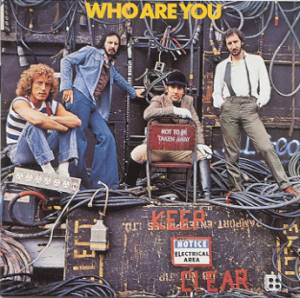By Anne Reedstrom
No, I’m not referring to the beginning of spring or men’s and women’s NCAA basketball (Go Big 10!), but to Advance Registration.
Over the next couple of weeks, you will be pondering what the future might have in store for you, at least through next fall. If you think that future might include health professions school, there are things that you need to keep in mind.
Juniors: Get ready to embark upon your final year of undergrad! Think about the classes you need to take in order to finish things up – not just your pre-health requirements, but any classes in your major or pesky sector requirements that remain. The time may have come to finally face the monster that is Organic Chemistry Lab, but don’t let the dread ruin your senior year – you’ll do just fine. Lots of you will even end up liking it by the time you are done. No, I’m not kidding. This is also the time to make room in your course schedule for that irksome second English class – anything in the English or Comparative Literature Departments (or a cross-listing) will take care of it.
Sophomores: Soldier on, you’re halfway there. If you haven’t already had a semester where you doubled up in the sciences, now is the time to consider it. You’ve got a good handle on how to study for those hard classes and know about the multitude of resources available to help get you through, so go ahead and schedule something alongside Physics or Organic Chemistry. You will be juggling multiple science classes in medical or dental school, so this is good practice for the future, as well as a chance to show admissions committees (and yourself!) that you can handle it. Luckily, you’ll be able to balance your schedule with the really interesting upper-level classes in your major, now that you’ve declared one.
Freshpeople/First Years: You’ve almost made it through one whole year of college! Congratulations! Planning for the second year is pretty straightforward – take some more science. That’s it. No…that’s not it. Yes, you should take more science classes – move on to whichever one you want to take next; there is no specific order in which you should take them, excepting, of course, General Chemistry before Organic Chemistry. I like to point out the obvious. Beyond that, you should think about finishing up with whatever math might remain or scheduling a writing seminar if you didn’t already take one this year. Keep exploring those subjects that are interesting to you and knock out some more sector requirements while figuring out just what is exciting enough to make you want to major in it. The most important thing to remember, though, is to be reasonable in what you are expecting of yourself in a semester. If you’re still not really confident in your science classes yet, don’t double up or increase your course load to 5.5+ c.u.s. As far as being pre-health goes, you’ve still got a lot of time and it is better to take things slowly and do well than to rush and perform below your expectations and abilities.
While there are a great many things to think about when planning your schedule, there are also a lot of resources here at Penn to help you out. If you want to talk through or develop your plans go and see your advisor, a peer mentor, a sympathetic faculty member, or your friendly, neighborhood pre-health advisor! We have walk-ins weekly on Wednesday afternoons from 2.00-4.00pm and there will be a special session of walk-ins on Thursday, April 3rd from 12.00-1.30.





